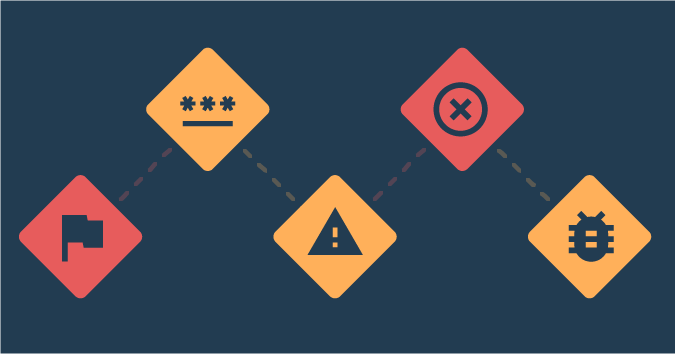This is a guest post by Raj Subrameyer
Software testing has drastically evolved over the past several decades. People weren’t aware that this field would have one of the most prominent roles in the tech industry.
Throughout the existence of the software testing profession, one heavily debated topic has been whether testers need to be more technical. The answer to this is highly subjective, but no matter how you feel, there are some factors to consider before focusing your efforts on becoming more technical or hiring more technical testers.
Ask yourself these questions first.
What is your “why”?
To start with, testers need to focus on why they want to become more technical.
The following questions may help you get closer to the “why”:
- Do you want to understand the application code to get a better grasp of how the functionality works underneath the hood, and therefore what needs to be tested?
- Do you want to build utilities to make testing more effective and remove some bottlenecks?
- Do you want to make the transition to a developer role?
- Are you working in agile environments where DevOps and continuous testing are practiced and there is more need for automation?
- Do you think there is no growth for testers in your company?
- Are you trying to increase the odds of landing a better job at another company?
Identifying your “why” is crucial to understanding the desire to become more technical. You could discover that you don’t have a passion for coding, and this discovery may help shift your focus to other career paths and opportunities.
Would you have more value as a technical tester?
There is often a misconception that there is no value in being a non-technical tester. This is far from the truth.
Based on my experience, non-technical testers tend to have more domain knowledge and a broader, more holistic view of the system. They often consider different failure points of the system instead of focusing on just one component, and they think about different user personas, which gives different feedback and results. They often are also strong communicators, which helps them shine in leadership positions.
Technical testers who write code and build utilities need non-technical testers to help them understand the time-consuming aspects of their day-to-day testing activities, see the high-risk areas that need automation and prioritize tasks to those most valuable to the stakeholders and the team.
Do you need to be more technical?
As companies are moving toward more cross-functional teams and relying more heavily on automation to release faster than ever before, it often helps to have some technical skills. Would being more familiar with these automated systems help your career?
Having the ability to read and understand application code (even without being able to write it) also increases your credibility, helps you better understand the feature being developed, and may make developers take you more seriously when you find bugs or raise concerns about the functionality of the system. Having technical knowledge may also create an easier path to becoming a developer if that’s something you’re interested in pursuing.
How do you become technical?
First of all, making the transition to becoming more technical requires a mindset change. Many testers are still intimidated looking at code and think they do not have the necessary talent or aptitude to understand application code, which is usually untrue.
Second, you need an actionable plan that is specific, timely, and measurable to ease into this process. Here are some ideas to get started:
- Pair up with a developer or technical tester, observe how they write code, and ask questions
- Start taking courses on commonly used programming languages such as JavaScript, HTML and CSS
- Volunteer to automate a simple functionality in the system with the help of another experienced tester
- Attend lunch-and-learn sessions and conferences to learn from other experienced professionals
- Read articles and blog posts on various technical aspects that are relevant to your project
Exploration is the key here. Just like with learning any new skill, only exploration will help us discover our true passions and interests.
Also, it is important to remember that writing code is just one aspect of testing that could make your job easier. There is more to testing than being technical, such as thinking about different user personas, identifying high-risk areas, grooming stories to get more clarity on the feature being developed, performing exploratory testing, maintaining different artifacts for future reference, raising concerns about features that do not have enough testing completed, identifying patterns in production issues, helping to reprioritize testing, and mentoring other team members on testing approaches, tools, and techniques.
Non-technical testers still add immense value to teams. But if you do decide that it would benefit you and your career to acquire more technical skills, take a measured approach to become a more technical tester.




